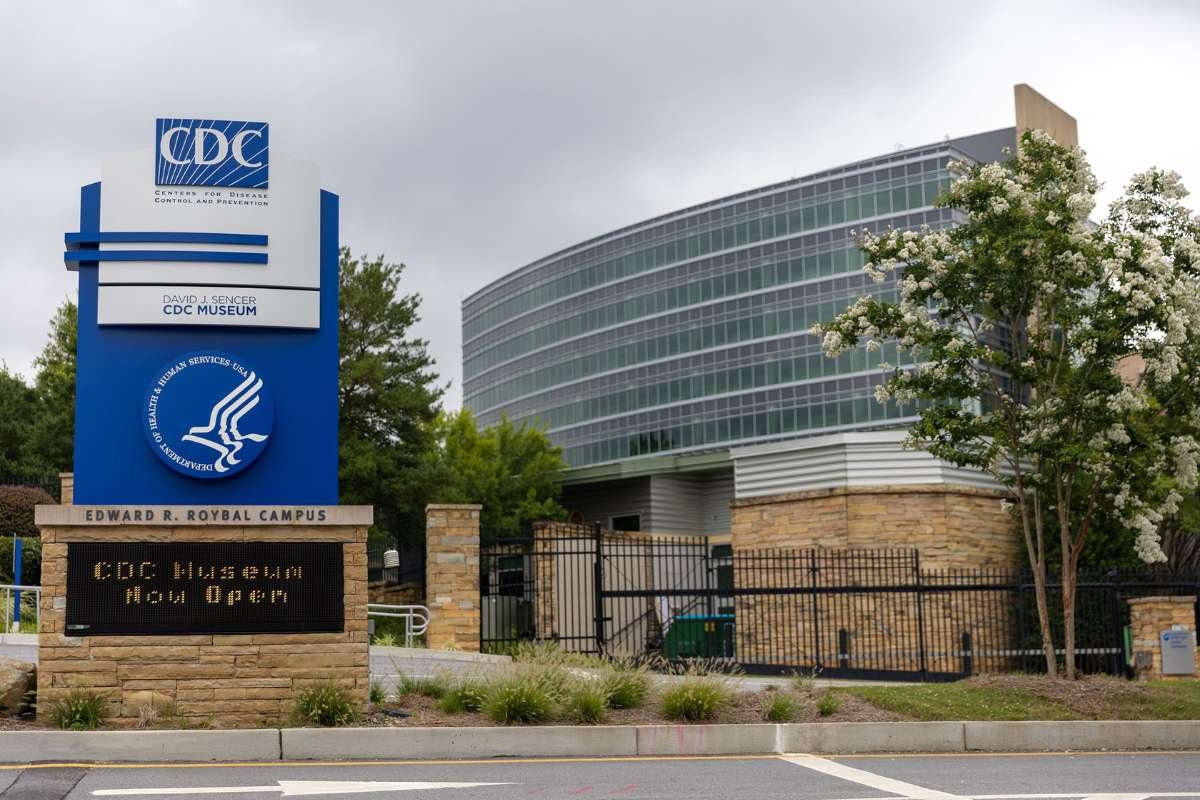It is a universal truth that children must be given the appropriate vaccine at the appropriate age. Providing various vaccines at a given age saves kids from diseases that are life-threatening. Until and unless the kids are informed about the health hazards, they won’t realize the vaccine awareness they should be having. The government plans various schemes in order to spread vaccine awareness for parents and children too. Vaccines make the body immunized against some diseases which can happen to children in the future. Children need to be told the importance of not taking the vaccines.
Vaccines are crucial in safeguarding the health of children. It is essential for children to be educated and informed about the vaccines. The intensity of the topic must be realized by children in order to take the vaccine without creating much of a ruckus about it.
Here is How to Ensure Vaccine Awareness among Children;
1. Lead by Example
Parents can set the tone for vaccine awareness by being proactive in getting their own vaccinations. Children often mimic their parents’ behavior, so when they witness their parents taking vaccines, it sends a powerful message about the importance of this preventive measure.
2. Age-Appropriate Conversations
Tailor your conversations about vaccines to your child’s age and level of understanding. Younger children may need simple explanations, while older children can engage in more detailed discussions. Avoid overwhelming them with complex medical information.
3. Storytelling
Share stories or anecdotes about how vaccines have historically saved lives and prevented the spread of diseases. Personal narratives can make the concept of vaccination more relatable to children.
4. Use Visual Aids
Utilize educational videos, books, and online resources designed for children to explain the science behind vaccines. Visual aids can simplify complex concepts and make learning about vaccines more engaging.
5. Visit a Doctor

Arrange a visit to the doctor with your child, and let the healthcare professional explain the importance of vaccines. Doctors can use age-appropriate language and address any concerns or questions your child may have.
6. Encourage Questions
Create an open environment where children feel comfortable asking questions about vaccines. Answer their queries honestly and in an age-appropriate manner, fostering a sense of trust and curiosity.
7. Highlight Benefits
Emphasize the positive outcomes of vaccination, such as staying healthy, avoiding illness, and preventing the spread of diseases within the community. Discuss the role of vaccines in eradicating deadly diseases like smallpox and polio.
8. Address Concerns
Acknowledge and address any fears or concerns your child may have about vaccines. Offer reassurance and provide accurate information to dispel misconceptions.
9. Involve Them in the Decision
For older children, involve them in the decision-making process when it comes to vaccines. Discuss the benefits and potential risks, allowing them to have some agency in their healthcare choices.
10. Connect with Peers
Encourage your child to talk to their friends or classmates about vaccines. Peer influence can be a powerful motivator, and discussing the importance of vaccines with peers can reinforce the message.
Why Children Must Understand the Importance of Taking Vaccines:
- Personal Health:
Children should understand that vaccines protect them from potentially severe or life-threatening diseases. Being aware of the role vaccines play in maintaining their health can motivate them to willingly get vaccinated.
- Community Health:
Teaching children that vaccines not only safeguard their health but also contribute to the well-being of the community is essential. Understanding the concept of herd immunity can help children grasp their role in preventing disease outbreaks.

- Disease Prevention:
Vaccine awareness among children is vital to prevent the resurgence of diseases that were once under control. Learning about the history of vaccine-preventable diseases can make children more appreciative of the protection vaccines offer.
- Responsibility:
Instilling a sense of responsibility in children helps them understand that taking vaccines is not only for their benefit but also for the greater good. Draw a picture in front of their eyes of their future physical health, it will instill vaccine awareness in them automatically. They learn that their actions can positively impact society.
- Long-Term Health:
Children who receive vaccines as part of a regular immunization schedule are more likely to maintain good health throughout their lives. Educating them about this long-term benefit can foster a sense of responsibility for their health.
How a Doctor Counsels Parents on Educating Them on Vaccine Awareness:
Doctors play a pivotal role in counseling parents about vaccine awareness and equipping them with the knowledge and confidence needed to educate their children. Here’s how a doctor can effectively counsel parents:
- Provide Accurate Information:
Doctors should ensure parents have access to accurate and up-to-date information about vaccines. They should explain the science behind vaccines, their safety, and the importance of following the recommended immunization schedule.
- Address Concerns:
Doctors should be prepared to address any concerns or questions parents may have about vaccines. This includes discussing vaccine ingredients, potential side effects, and the rarity of adverse reactions.
- Highlight the Benefits:
Emphasize the numerous benefits of vaccination, both for individual children and the community at large. Stress how vaccines have reduced the prevalence of once-devastating diseases and continue to save lives.

- Offer Resources:
Doctors can provide parents with educational materials, websites, and trusted sources of information on vaccines. This empowers parents to educate themselves and their children further.
- Share Personal Experience:
Doctors can share their own experiences with vaccinations, both as healthcare professionals and as parents. Personal anecdotes can help parents relate to the importance of vaccines.
- Encourage Questions:
Create an environment where parents feel comfortable asking questions and expressing their concerns. Doctors should be patient and empathetic when addressing these inquiries.
- Reinforce the Role of Herd Immunity:
Explain how achieving high vaccination rates in the community protects those who cannot receive vaccines due to medical reasons. Stress that vaccination is not just an individual choice but a collective responsibility.
Conclusion
Vaccine awareness is a critical aspect of maintaining public health, and it begins with educating children about the importance of vaccines. Parents can play a central role in this process by using various tactics to convey the significance of vaccination to their children.
Doctors, as trusted healthcare professionals, are instrumental in counseling parents and providing them with the knowledge and resources they need to effectively communicate the importance of vaccines to their children. By working together, parents and healthcare providers can ensure that children are not only protected but also aware of the life-saving benefits of vaccines.








